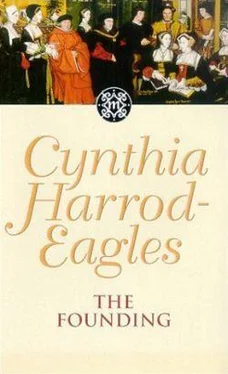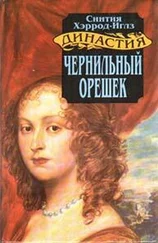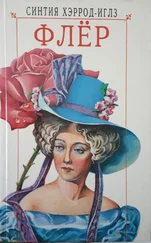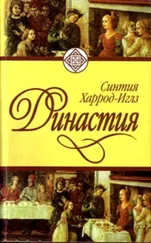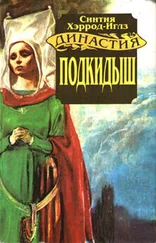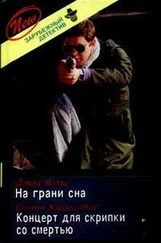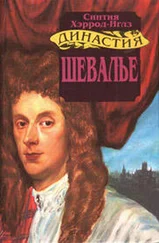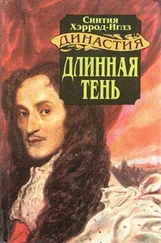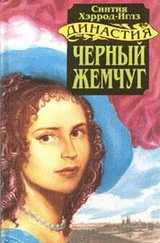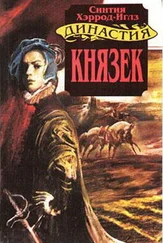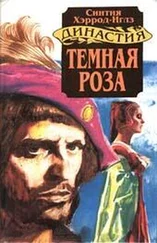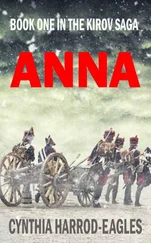Cynthia Harrod-Eagles
The Founding
A Time Warner Paperback
First published in Great Britain by
Futura Publications Limited in 1980
Reprinted 1983, 1984, 1985, 1990
This edition published by Warner Books in 1993
Reprinted 1993, 1994, 1996, 1999, 2000, zoos
Reprinted by Time Warner Paperbacks in 2002
Reprinted 2004
Copyright C Cynthia Harrod-Eagles 1980
The moral right of the author has been asserted.
All characters in this publication, save those clearly
in the public domain, are fictitious and any resemblance to
real persons, living or dead, is purely coincidental.
All rights reserved.
No part of this publication may be reproduced,
stored in a retrieval system, or transmitted, in any
form or by any means, without the prior
permission in writing of the publisher, nor be
otherwise circulated in any form of binding or
cover other than that in which it is published and
without a similar condition including this condition
being imposed on the subsequent purchaser.
ISBN o 7515 0382 7
Printed in England by Clays Ltd, St Ives plc
Time Warner Paperbacks
An imprint of
Time Warner Book Group UK
Brettenham House
Lancaster Place
London WC2E 7EN
www.twbg.co.uk
Until the 1950s, the fifteenth century was almost totally neglected by historians and this fact, together with the scantiness of contemporary sources, and the unreliability of sixteenth century treatment of the period, made the fifteenth century seem as remote as the dark ages.
There are now, however, a number of works which offer clear and reliable information to anyone who wishes to read more about this period. Professor S B Chrimes' Lancastrians, Yorkists & Henry VII is very good for the earlier part of the century; on the Yorkist period Cora Scofield's The Life and Reign of King Edward IV is a brilliant and detailed study while Paul Murray Kendall's Richard III is a vivid and readable work on both Richard III and Edward IV.
For the social history of the period G M Trevelyan's invaluable English Social History still cannot be bettered.
The main books in addition to these which I have found useful are as follows:
Original Sources:
York Civic Records Warkwarth's Chronicle
The Croyland Chronicle and Continuations The Cely Papers
The Paston Letters
William of Worcester's Annales Rerum Anglicarum
Memoirs of Phillipe de Commynes
For my parents
Historian's Works: Chrimes S B English Constitutional Ideas in the C15th
Costain T B The Last Plantagenets
Derry T K & Blakeway M G The Making of Britain
Kendall P M The Yorkist Age
Laver James A History of Costume
Quennell M&CBM A History of Everyday Things in England
Rowse A L Bosworth Field
Turner Sharon History of England During the Middle Ages
Wilkinson B The Later Middle Ages in England
Williams C H England: The Yorkist Kings
‘Let man wear the fell of the lion, woman the fleece of the sheep.'
William Blake: The Marriage of Heaven and Hell
’We leave before dawn tomorrow,' said Edward Morland through a mouthful of mutton. He was a tall, gaunt man of uncompromising aspect who had acquired manners too late in life for them to sit entirely easy on him. His movements as he helped himself to supper at the high table had a barely controlled violence about them and, but for his evidently expensive clothes, a casual observer might have been forgiven for thinking he had strayed by accident to the high table from the low. His son Robert, the only other occupant of the high table since his wife and elder son had died, was quite different. Tall, like his father, and thin, and still with the gawkiness of youth upon him, he yet had an air of refinement about him: a gentler cast to his features, a quietness to his movements, an appearance of ease with the social aspects of eating. He was his mother's son, though he could hardly remember her; Edward Morland more coarsely said that he should sit to the distaff side of the fire — he resented, as far as it was possible to resent the ways of the Almighty, that it was the elder son that had died of the belly-gripes, and not the younger. And now Robert looked up with that typically vague gaze and said to his father, 'Why such an early start? Where are we going?’
’We take the road to Leicester, my son. We are going south, and you know what the roads are like at this time of year. If we get stuck behind a wool train we'll be a fortnight on the road.'
‘South?' Robert said in perplexity. 'South? What for? Not with the clip —?’
Morland smiled sardonically. 'No, not with the clip, boy. The clip will take care of itself. No, we are going south to get you a wife.’
Robert's mouth opened at that, but he could find no word to say.
‘Well may you look surprised, boy,' Morland went on unkindly. 'For all the interest you've shewn in women I might as well have found you a husband as a wife. Why God in his wisdom took my son and left me a daughter I'll never know.’
Robert stiffened and clenched his teeth at the familiar, cruel words, but bore them in silence as he must. He wanted to ask a lot of questions, but he was afraid of his father, and could only wait and hope that they would be answered without his prompting.
‘You don't chew much interest, boy,' Morland said irritably. He flung a scrap of fat to his dog, but the dog was too slow and the scrap disappeared under a welter of flying, growling bodies. 'Don't you want to know who it is I've managed to get for you?'
‘Oh yes, of course, Father —'
‘Yes, of course, Father,' Morland imitated. 'You've got a bleat like a eunuch. I hope you can manage to do your duty by this girl at any rate. Perhaps you'd better go and practise on the yows.' He laughed heartily at his own joke, and Robert forced a sickly grin to his face, knowing that if he didn't appear to laugh he would be cursed and perhaps cuffed for being sullen — and being cuffed by his father was rather like being kicked by a horse. 'Well, I'll tell you, since you press me so hard,' Morland went on when he had wiped the tears of laughter from his eyes. 'She's the ward of Lord Edmund Beaufort — a girl called Eleanor Courteney. She's an orphan — one brother — estate encumbered. She hasn't a groat by way of dowry, but she brings Lord Edmund's patronage, and she's cousin to the Earl of Devon. Do you understand?'
‘Yes, Father,' Robert said automatically, though he didn't, quite.
‘Think, boy, think,' Morland prompted him. 'The girl's got family and patronage. I've got money. It's a fair exchange, isn't it? Lord Edmund's trying to raise money for the wars, and he wants to keep on the good side of me. And I — well, I've got plans.’
Robert understood. It was the way of the world he lived in. Edward Morland had made a lot of money during the wars under King Harry the Fifth, as had so many people who followed the young King into battle. He had bought up land and stocked the land with sheep, and he was now one of the biggest sheep farmers in Yorkshire, and one of the richest. And on the throne was a boy King, while the kingdom was ruled by his uncles, my lord of Bedford, and the good Duke Humphrey.
Читать дальше
